- No categories
-
- My Account Subscribe Now | Sign In Log Out
- New York, July 16, 2025

Trade secrets are one of the big four recognized forms of intellectual property. Yet many fashion and luxury goods companies neglect this protection.
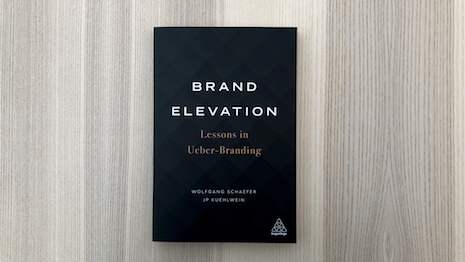
Brands, especially prestige or luxury brands, or those we call “Ueber-Brands,” are no longer seen as mere marketing instruments – they are embraced as guiding the enterprise overall.

Representing a countertide from the mass urban exodus, families that had previously migrated from suburbs back to urban centers have now completely reversed their migration driven by COVID-19 and are cycling through the pandemic paradigm of “Pause, Prioritize, Pivot and Purchase.”

While COVID-19 has brought large swathes of the travel industry to a virtual standstill, private aviation at the highest end has recovered to around 90 percent of pre-pandemic levels.

When consumers experience your brand in their Facebook or Instagram feed, they engage with it the same way they would engage with an ad in the front of a fashion magazine: superficially, and in the context of dozens of competing brands.

The supply chain is the lifeblood of the industry. A disrupted supply chain means less sales, less availability, longer wait times and disgruntled consumer attitudes.
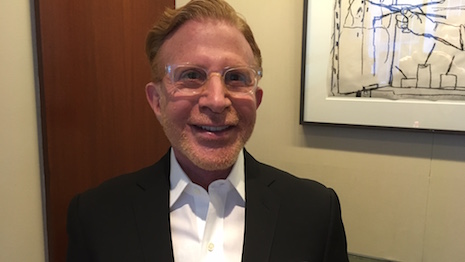
Retail associates who are not skilled at developing client relationships or chose not to develop them are increasingly becoming a liability for luxury retailers.

The headline retail story of 2020 is that the pandemic forced stores to close, pushed consumers online and compelled brands to ratchet up their ecommerce operations.
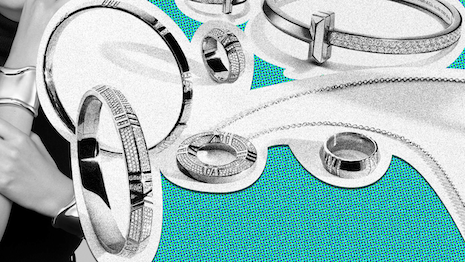
Long before the confirmation of the LVMH takeover, Tiffany was lagging behind rival Cartier on two essential attributes: China exposure and product category diversification.

As the business environment evolves, legal issues that were once obscure or unheard-of now become important. Part of such an effective survival strategy is understanding what the legal trends will be and the best legal strategies to deal with them.

The early numbers are in for the online holiday shopping season, and the future looks bright.

The unreality of 2020 changed the fashion flex. A head-to-toe designer-dressed influencer posing in an exotic location feels sorely out of place and out of different time.

This has been a brutal year for luxury retail. As the COVID-19 pandemic forced lockdowns and retail closures across the globe, the market for high-end personal goods contracted by 23 percent.

It is becoming increasingly important for organizational leaders to consider the potential impact of artificial intelligence on company culture.
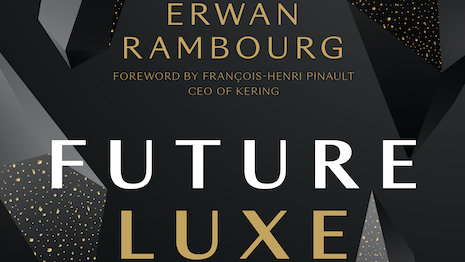
As female spending power rises and a greater share of that consumption is spent on products for women themselves, the slightly different female shopping habits become increasingly important.

It has been a while since anyone argued that “dialing for dollars” is still the best way to boost sales, but there are some holdovers who think that while digital has its place, the real work is still grounded in “boozing and schmoozing.”

Ecommerce data is specific, measurable and actionable. These qualities allow businesses to learn easily from the data and make course corrections as needed.
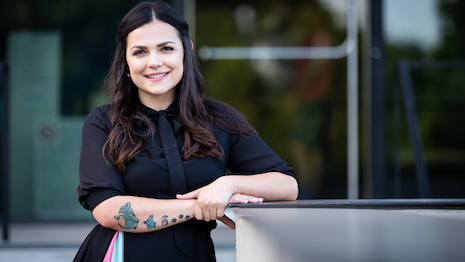
Customers have ultimately been forgiving and understanding because of the many changes to the way we all function and work, but needs have increased during the pandemic.
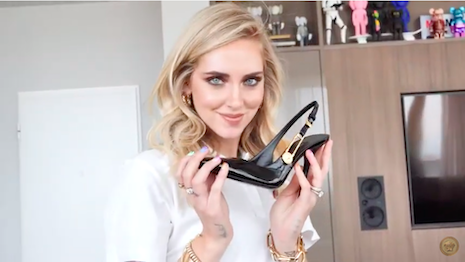
Luxury brands have had to carefully balance their marketing activities to ensure that they do not alienate their older consumers at the expense of attracting a new and younger audience.

For luxury brands, the ultimate target is the ultra-affluent. Knowing this, it is worth spending time grooming the HENRY demo. Their shopping and consumer habits now will likely carry over as their salaries increase, so establishing a rapport with them early is important.

The sad truth is that you are going to lose customers. A Zendesk study found that 66 percent of business-to-business customers left after one bad experience.